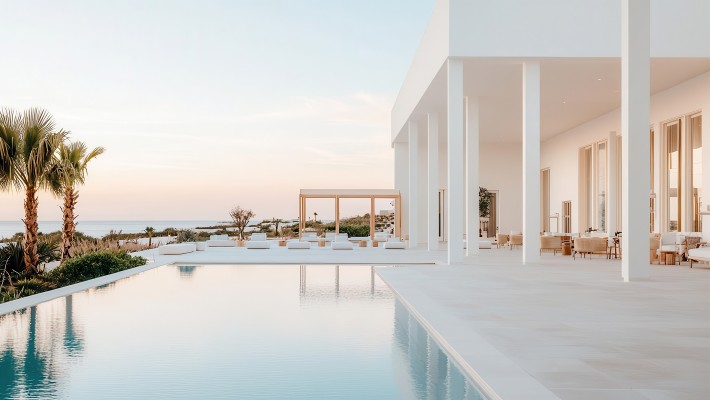Research reveals Chinese travellers’ sensory perceptions redefining luxury hospitality
Recent media coverage highlights research led by Professor Cathy Hsu, Chair Professor, and Professor Hung Kam at PolyU’s School of Hotel and Tourism Management (SHTM), exploring the evolving landscape of luxury consumption in China’s hospitality sector. The findings reveal that younger consumers are redefining luxury, shifting from traditional displays of wealth towards a stronger desire for immersive sensory and emotional experiences. This transformation challenges luxury hotels to create memorable, multi-sensory experiences that genuinely resonate with modern travellers.
The study indicates that luxury consumption is no longer a static concept; it now encompasses dimensions such as self-actualisation, transformation, sustainability, escapism, hedonic value and authenticity. The researchers emphasise the importance of understanding how sensory stimulation influences guests’ experiences in luxury hotels. Traditional theories, like conspicuous consumption, which focus primarily on wealth display, are becoming inadequate to explain the complexities of modern luxury.
To examine these dynamics, the study employed a mental imagery perspective using the Zaltman metaphor elicitation technique (ZMET) to gather insights from 16 participants who had recently stayed in luxury hotels. This innovative approach allowed participants to articulate their sensory experiences and emotional responses, revealing three key categories: supportive, personal/social, and affective experiences.
Supportive experiences included interactions with exclusive services and the hotel’s ambience, fostering personal connections and emotional well-being. Guests valued the cleanliness, which provided a safe environment for children and comfort for seniors. Many appreciated the chance for “me time” and an escape from daily life. Feelings of relaxation and happiness were often triggered by spectacular views and sensory elements like taste and smell, while the sense of prestige was the least reported affective experience.
The findings underscore the need for hoteliers to prioritise sensory elements in their offerings, as they significantly impact customer satisfaction and loyalty. By recognising the emotional and sensory dimensions of luxury, hotels can better meet the evolving expectations of Chinese consumers, enhancing their market positioning in a competitive landscape.
Read the full coverage:
Travel Daily News






